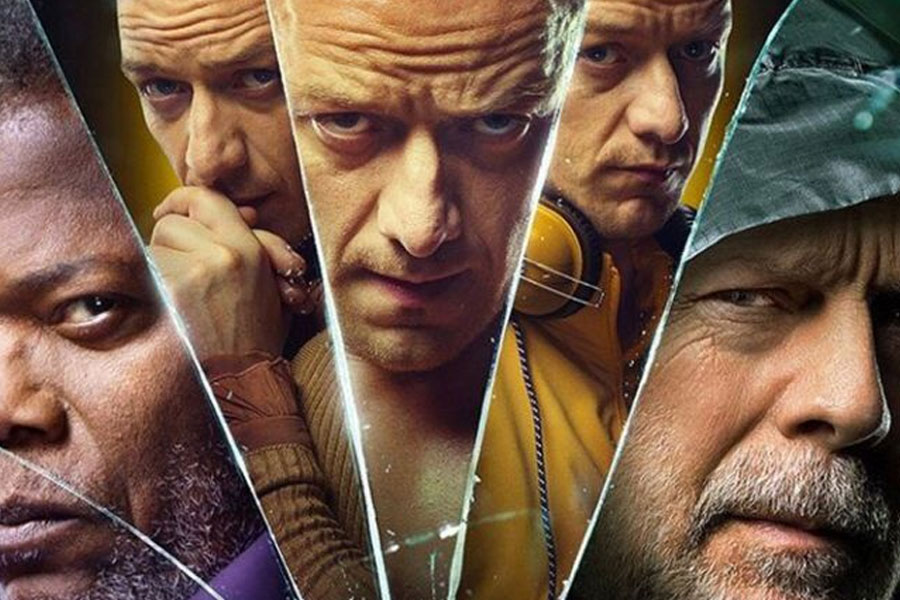
Editorial | Mar 05,2022
A bad romantic movie is unwatchable. A bad romantic movie set during wartime is worse. It is not merely unwatchable but distasteful. Making the subject matter of a movie two people’s romantic relationship while death and destruction are raging around them, as is the case in The Aftermath, just sounds terrible.
There are good romantic movies set in war times, like Atonement. But such movies make war part of their central theme, usually to show the human resilience to see hope in the midst of doom and gloom. This is where Aftermath fails the most, in using the Second World War as a plot element to set up a love triangle.
The film stars Keira Knightley as Rachael, a Brit married to a colonel within the British forces. Her husband, Lewis (Jason Clarke), is tasked to deal with the Werwolf, a Nazi underground force that resisted occupation in Germany. They settle in Hamburg, but Rachael finds out that they have to live with a German, Stefan (Alexander Skarsgård), who had recently lost his wife and daughter.
From there on, the film plays like a period soap opera. There is none of the smart dialogue of romantic movies such as Richard Linklater’s The Before Trilogy, the subtle appeal of In the Mood for Love or the edginess of last year’s Cold War. More than a movie poor in concept, it is a film that soured in execution.
What is unfortunate is that this movie had potential. It could have been an exploration of biases, the complicated relationship between victors and losers and the sheer amount of darkness that war casts even on people wishing to move on. The Aftermath prefers to reduce the whole affair to two people ogling each other and one person looking at them sideways.
The movie also wastes Knightley who, to be fair to the movie, has never been as good at choosing roles. She is talented and she seems to have found her niche, consistently appearing in period pieces. But she rarely finds herself playing a character in a movie that matches her charisma, wit and charm. Too many movies seem preoccupied with her beauty - some would argue that there is not a single shot where she did not appear to be utterly arresting in any movie - and discount her acting abilities.
Here, she stars beside two actors that could not have inspired the actress in her. Clarke is at best a character actor and Skarsgård has yet to prove that he can live up to his father Stellan’s name.
Behind the camera is the relatively unknown James Kent. He is interested in period pieces. He directed Testament of Youth, a World Word One romance, another movie with a plot that could have taken place anytime else. War seems to Kent to be a phenomenon expert at setting two people up but unable to inform their psychological makeup as it relates to love.
Despite Kent’s interest in romance, he never quite seemed to settle between downright soap opera or high drama. He is perpetually in the middle. He gives audiences a certain level of interesting details, then deals with them in the most middling manner possible.
Indeed, romance is a hard genre to cater to. There are perhaps five great romantic movies that come out every other decade. This is because the formula has become so tired. The probability of there being a movie as unique in concept as it is expert in presentation in the genre is low.
The Aftermath is one of many that fails the test. Indeed, it has not even put up that much of an effort given the mountainous climb that should have been made.
PUBLISHED ON
May 11,2019 [ VOL
20 , NO
993]

Editorial | Mar 05,2022

Editorial | Jun 05,2021

Sunday with Eden | May 13,2023

View From Arada | Apr 22,2022

Sunday with Eden | Oct 19,2019

Films Review | Jan 26,2019

Sunday with Eden | Aug 16,2020

Sunday with Eden | Oct 23,2021

Radar | Dec 07,2019

Sunday with Eden | Oct 20,2024

Photo Gallery | 176254 Views | May 06,2019

Photo Gallery | 166469 Views | Apr 26,2019

Photo Gallery | 156948 Views | Oct 06,2021

My Opinion | 136896 Views | Aug 14,2021

Oct 18 , 2025
The political establishment, notably the ruling party and its top brass, has become p...

Oct 11 , 2025
Ladislas Farago, a roving Associated Press (AP) correspondent, arrived in Ethiopia in...

Oct 4 , 2025
Eyob Tekalegn (PhD) had been in the Governor's chair for only weeks when, on Septembe...

Sep 27 , 2025
Four years into an experiment with “shock therapy” in education, the national moo...

Oct 18 , 2025 . By NAHOM AYELE
In a sweeping reform that upends nearly a decade of uniform health insurance contribu...

A bill that could transform the nutritional state sits in a limbo, even as the countr...

Oct 18 , 2025 . By SURAFEL MULUGETA
A long-planned directive to curb carbon emissions from fossil-fuel-powered vehicles h...

Oct 18 , 2025 . By BEZAWIT HULUAGER
Transaction advisors working with companies that hold over a quarter of a billion Bir...